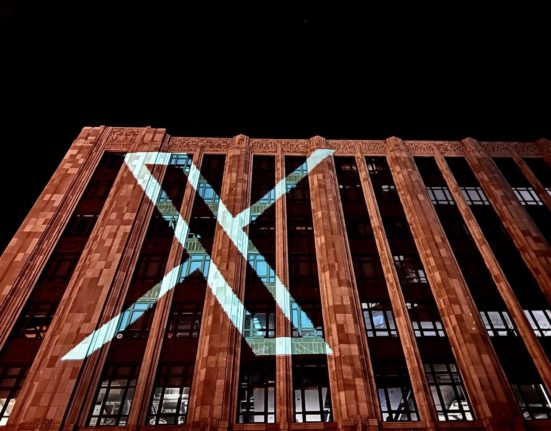Facebook has released the Global Government Requests Report for the second half of 2016, which shows that the social media giant is receiving more government information requests than ever before.

Government requests for account data increased by 9% globally compared to the first half of 2016, from 59,229 to 64,279 requests. While requests from government officials were up, content restriction was down. The company received 9,663 restriction requests during the first half of 2016, and 6,944 over the second half.
The scariest part is that the majority of data requests they’ve received from law enforcement, especially in the US contained a non-disclosure order that prohibited them from notifying the user.
Law enforcement agencies says that these kinds of requests relate to criminal cases that require discretion.
Pakistan Requests for Data:
For the second half of 2016, the law enforcement agencies of Pakistan made a total of 1,002 requests for data. Facebook says that details about 1,431 user accounts were provided to the authorities.
Almost 68% of requests produced data, out of which 998 were through legal process and 4 were in emergency.
Facebook also notes that Pakistani authorities have made 442 preservation requests and asked Facebook to preserve account records for 677 users.
Based on legal requests from the Pakistan Telecom Authority and Federal Investigation Agency, Facebook restricted access to 6 items that were alleged to violate local laws prohibiting blasphemy and condemnation of the country’s independence.
The report also mentions that disruption affecting access to Facebook products and services in Pakistan took place last year during November 2016 due to Chehlum activities.
Facebook giving Governments Back Doors?
Facebook has once again assured its users that they don’t provide governments with “back doors” or direct access to people’s information. Their agenda is to push governments around the world to reform surveillance in a way that protects their citizens’ safety and security while respecting their rights and freedom.
You can view the full report by clicking here.






